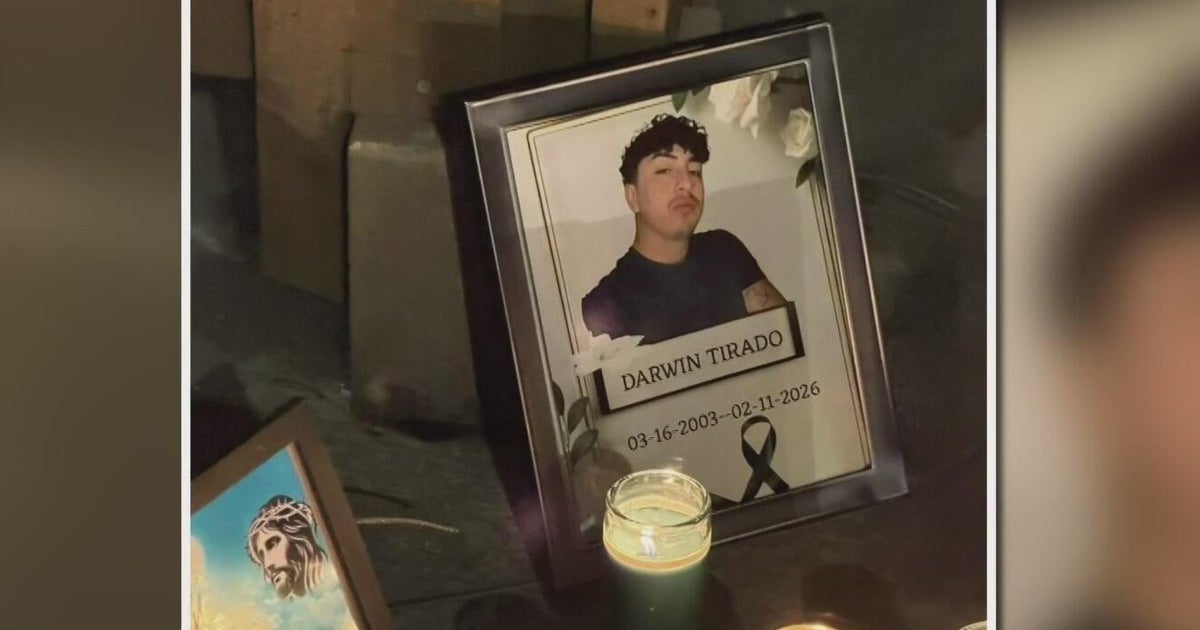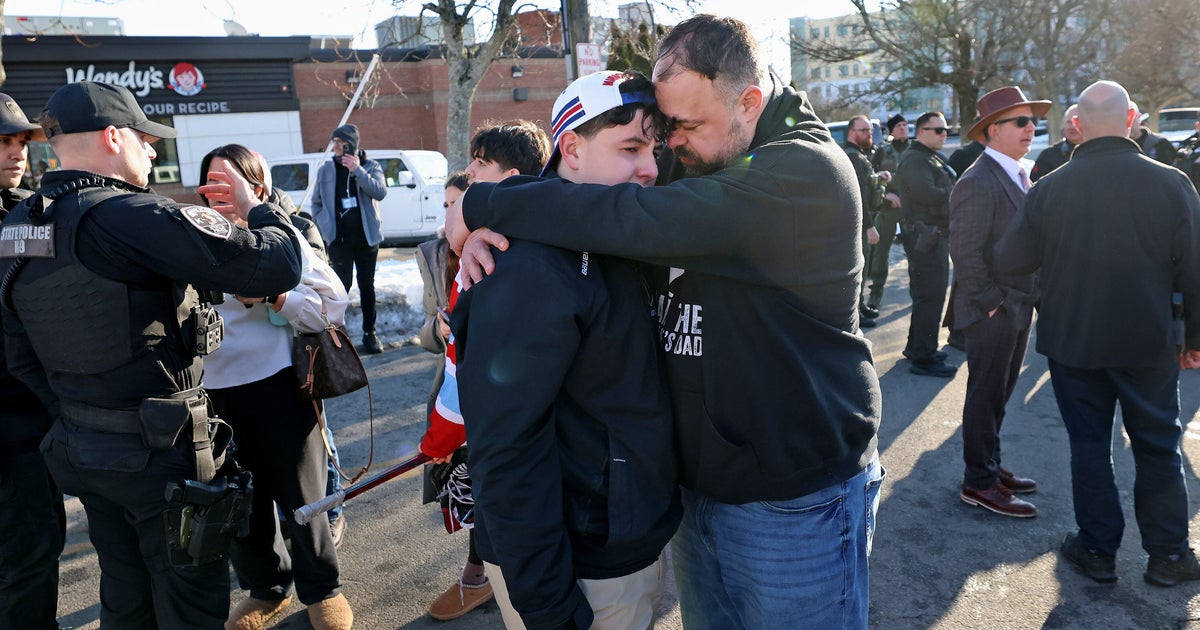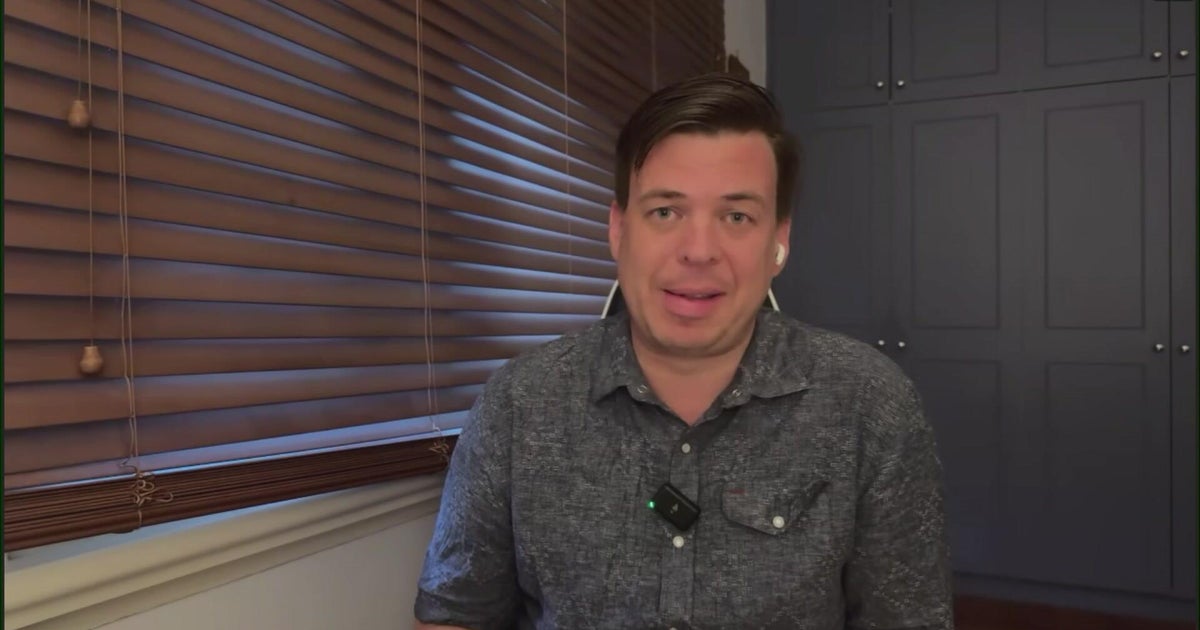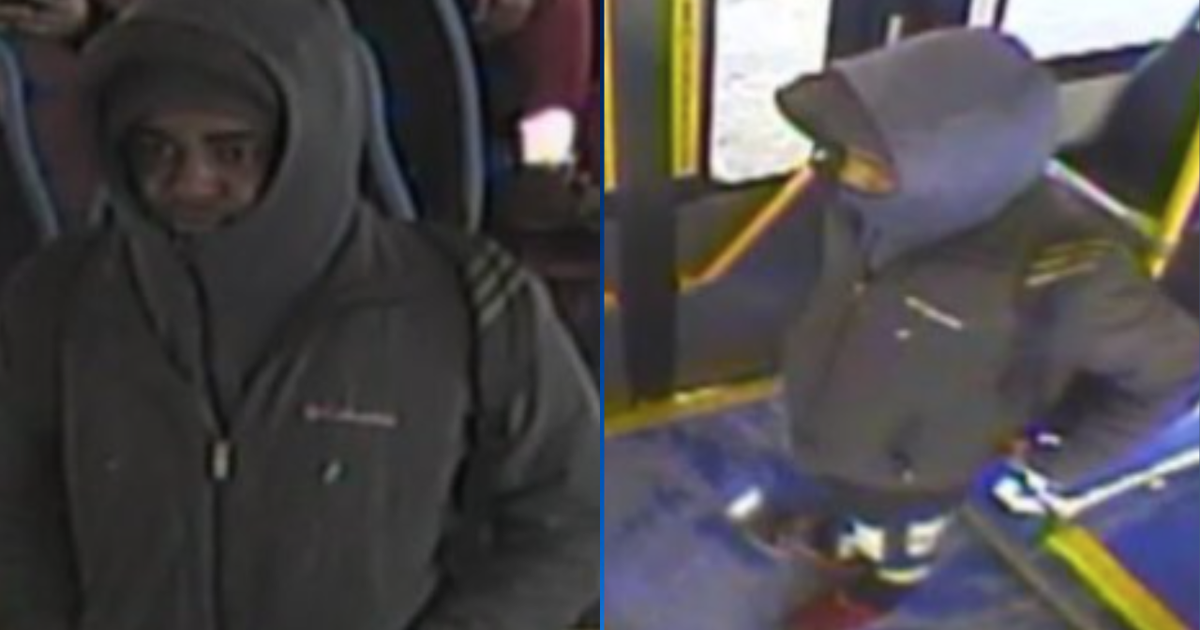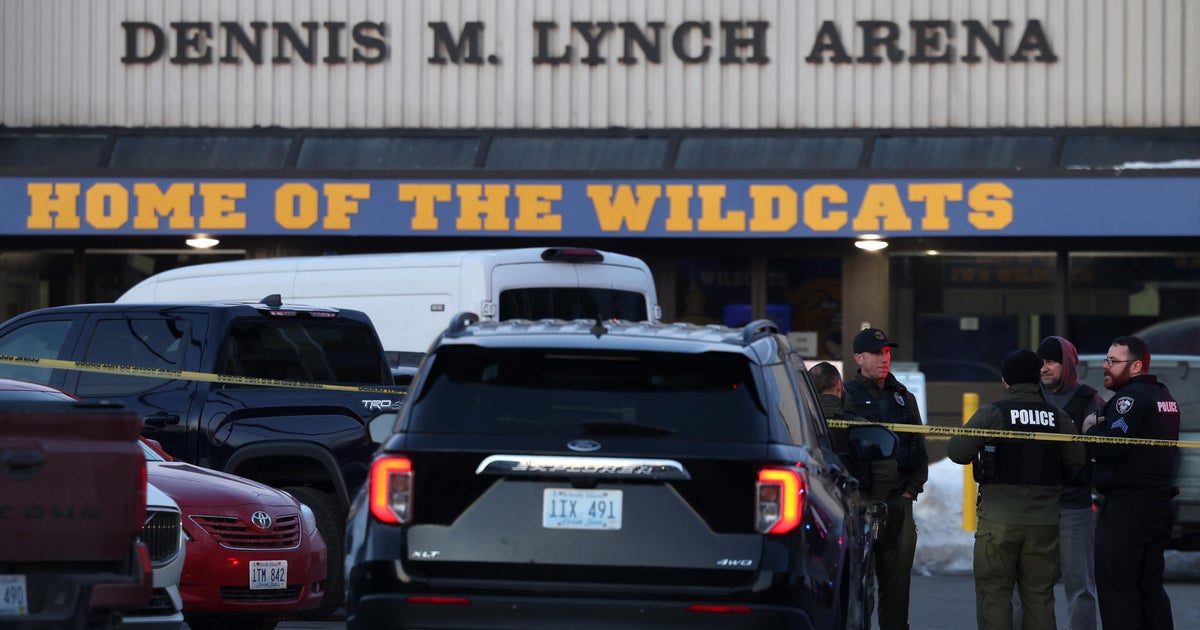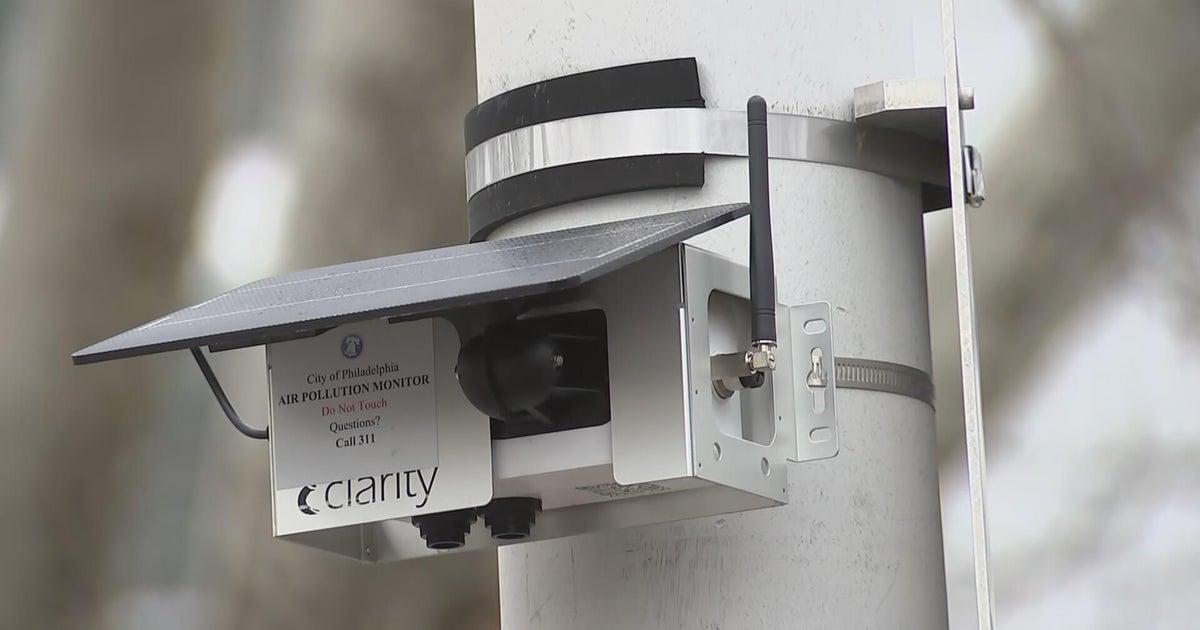Chicago pilot program provides cash assistance to victims of gun violence
CHICAGO (CBS) -- Medical expenses, lost work, funerals; there are a lot of costs that follow gun violence, and now the city of Chicago has a program that could help some shooting victims cover the gap.
Mayor Lori Lightfoot recently announced a new pilot program, called the Emergency Supplemental Victims' Service Fund, offering victims of gun violence up to $2,000 or $3,500 per family when a shooting is fatal.
The city could expand the $275,000 program if it proves successful. It began last month, and money has already started going to the people who need it.
When bullets flew through the air outside a gas station in the Austin neighborhood last week, the violence ended with three people shot, another injured by glass, and big bullet holes in the window. A team from the Institute for Nonviolence Chicago responded – their office on the same street less than a mile away. That's where you'll find Samuel Castro – fielding calls and giving good news.
"It is amazing, because in our line of business we want to over-deliver and under-promise. So when this is happening so fast for us, it was like this is lightning," said Castro, director of community violence intervention at Institute for Nonviolence Chicago.
Castro's organization is one of four processing applications for the Emergency Supplemental Victims Service Fund, a program the city hopes will "ease the financial burden and trauma inflicted on those directly impacted by gun violence."
The program started in December in five neighborhoods – East Garfield Park, West Garfield Park, Englewood, West Englewood, and New City.
The idea is to give financial assistance – up to $1,500 – for people who are shot, or their surviving family members; money that can be used on medical costs, lost wages, relocation, and funeral expenses.
"Being able to say, 'Hey, I got the money, let's make the move,' so it brings the opportunities and safer opportunities to our people," Castro said.
So far, Institute for Nonviolence Chicago has helped 17 people apply for grants; 16 of those applications have been approved.
Castro's team is used to responding to crime scenes and hospitals, calling the program a game changer.
"For a lot of us, we know where our next meal is, and how we're going to pay for rent. For a lot of these guys, they didn't know where it was going to come from, right? So it became a normal to them to just being shot, being on the corner trying to survive," Castro said.
The funding for the pilot program amounts to only half of one percent of the $52 million the city says is spent every year on violence intervention efforts.
If successful, the program could expand into more neighborhoods.
